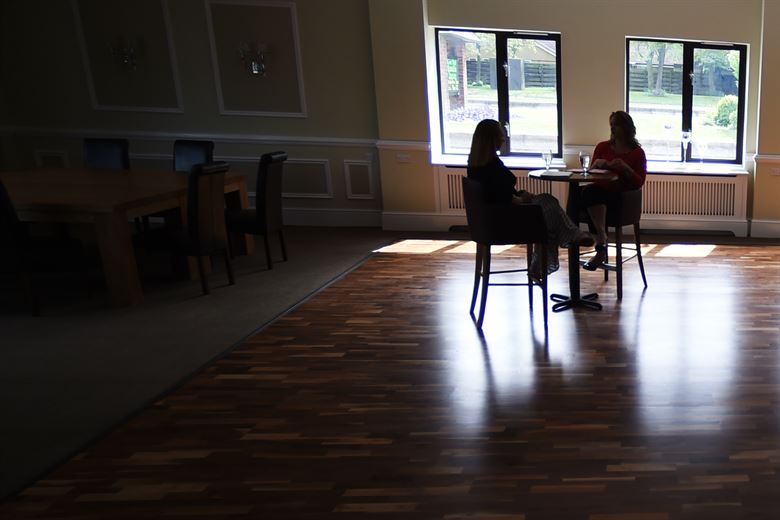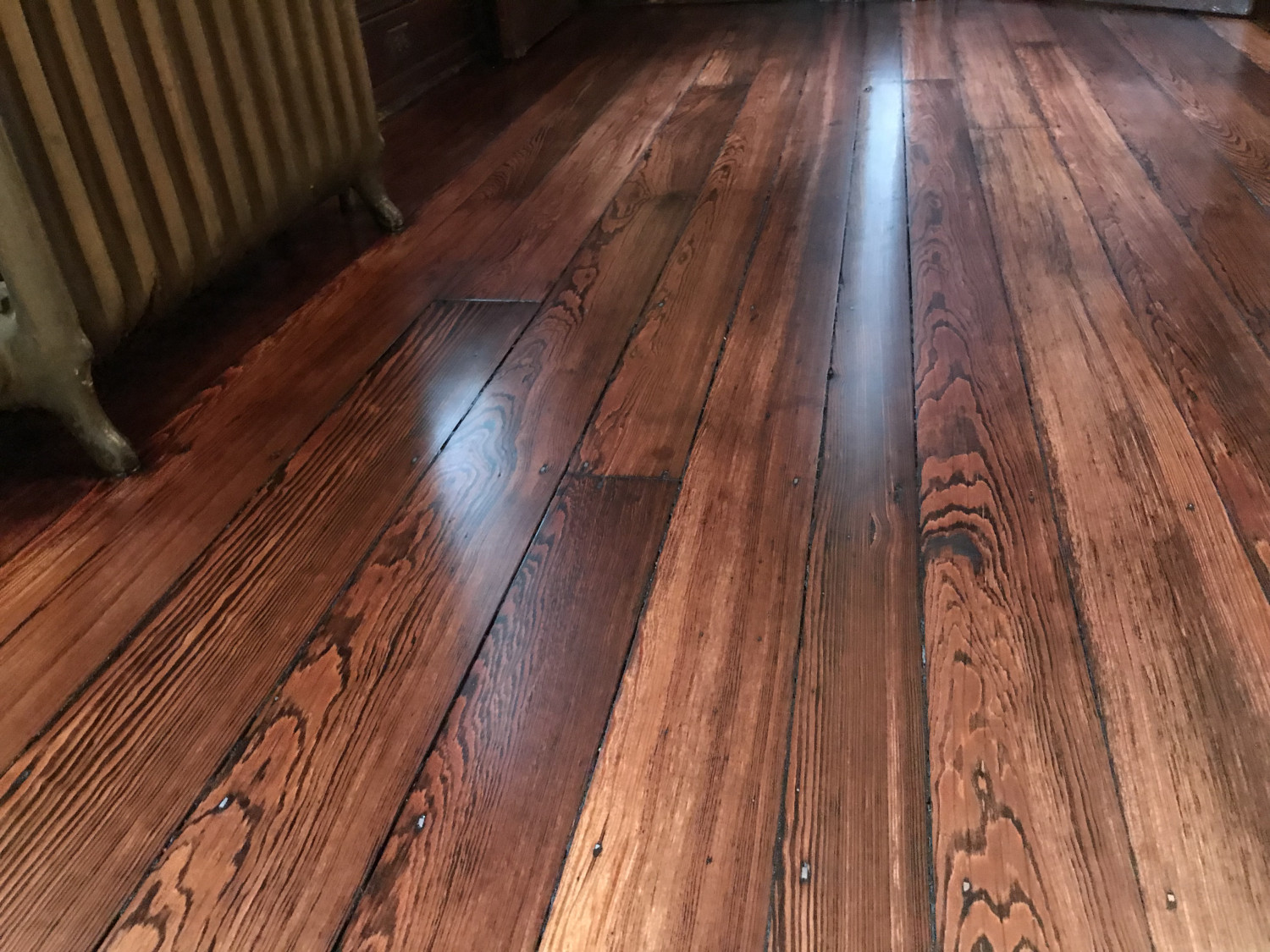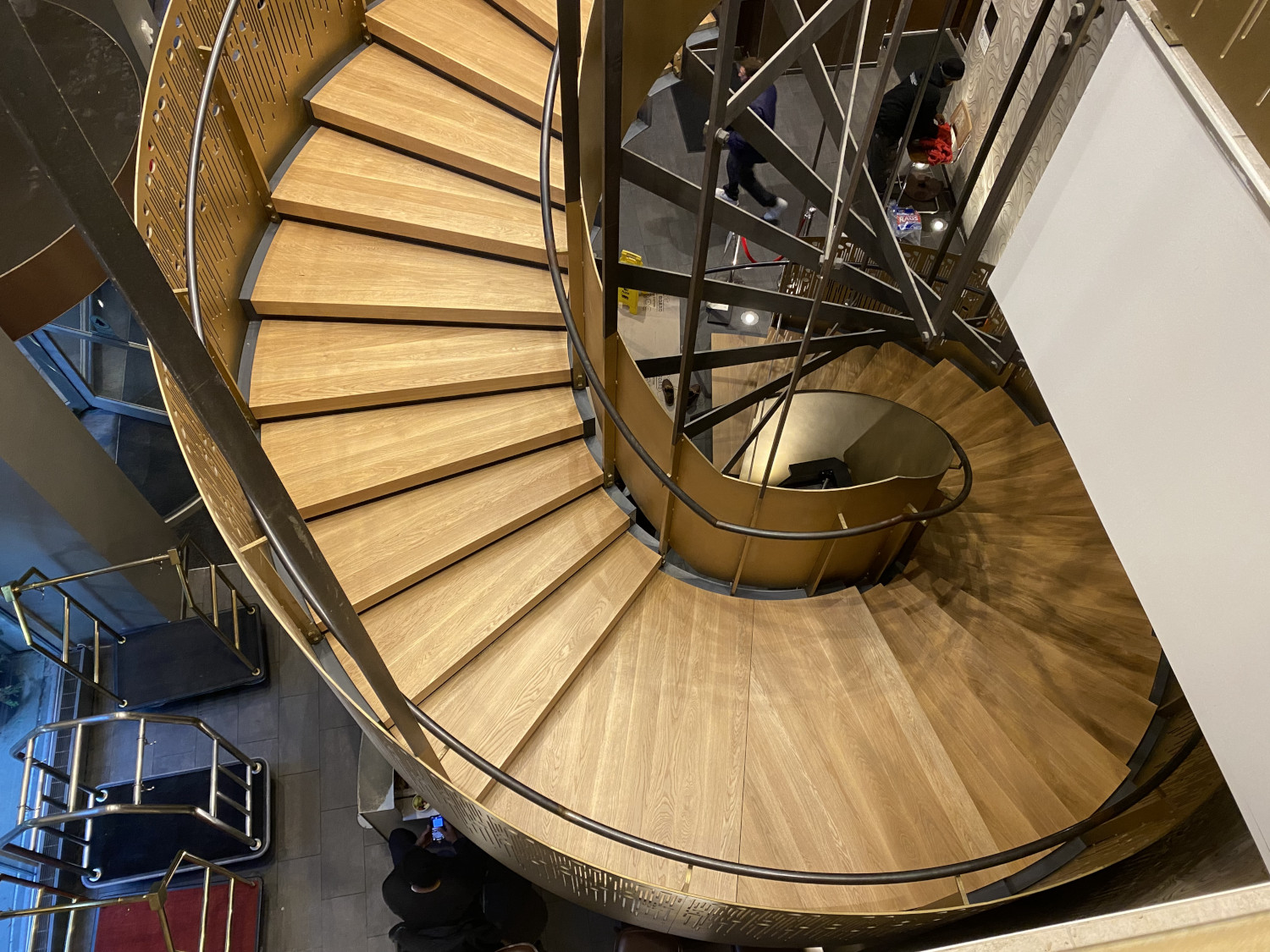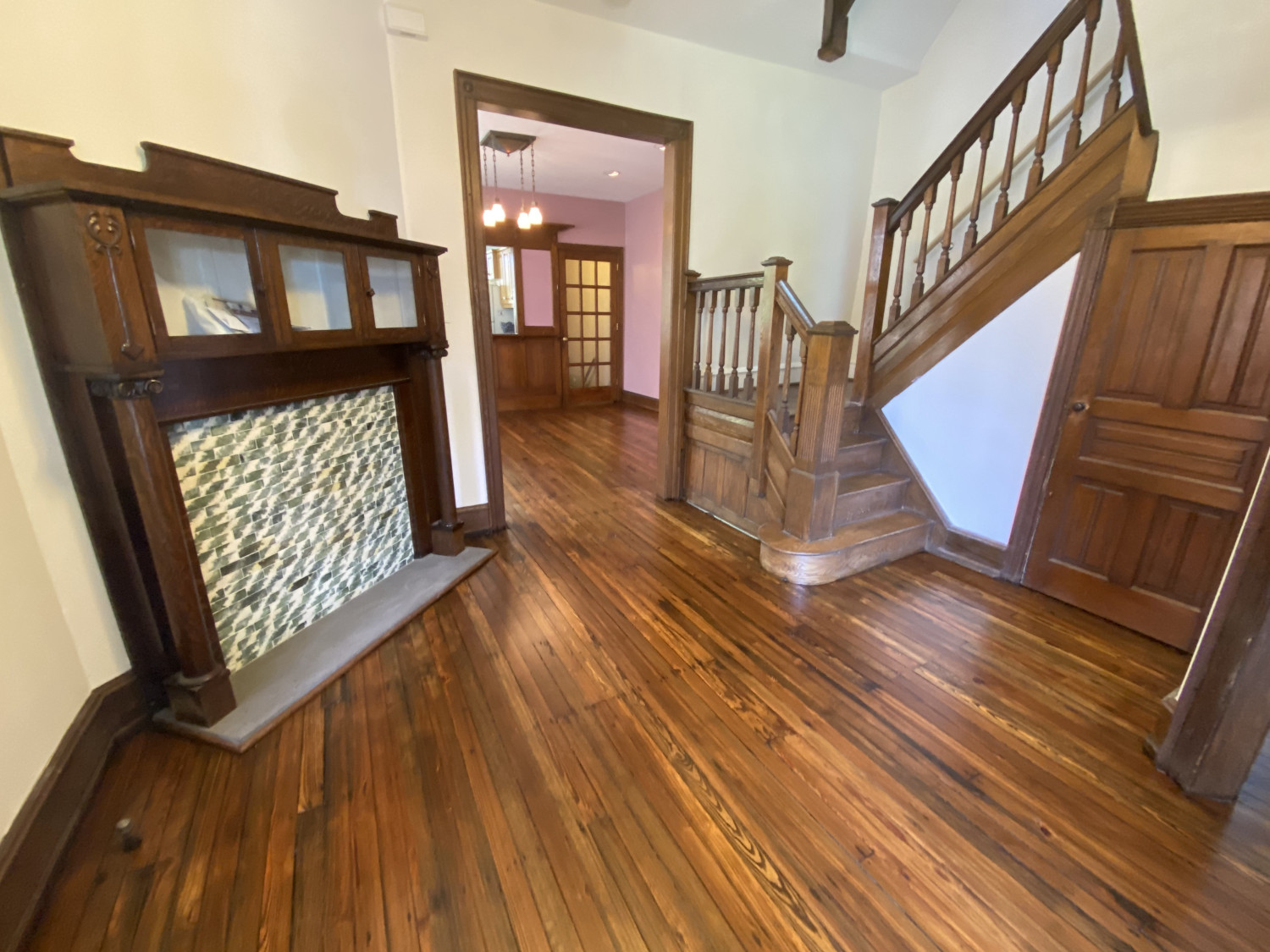Why Do My Hardwood Floors Make Popping or Cracking Sounds?
If you have hardwood floors, one issue with them that could signal a larger problem are popping or cracking sounds. This noisy problem is especially worrisome if work was recently done on the floors. However, the specific issue with the floors will usually vary depending upon each individual floor.
As hardwood flooring experts, we’ll take a look at some common scenarios where floors are making sounds and give possible causes and solutions to the issue.
Hardwood Floors Making Sound at Night
A fairly common scenario is that you can hear sound coming from the wood at night, when it’s quiet. While it may seem like it’s just a result of being able to hear better with fewer noises happening late at night, sometimes people have popping sounds so loud that it wakes them up.

The most common reason for hardwood to make a popping sound, specifically at night, is a change in humidity. The home cools during the transition from day to night and that can impact humidity levels in the home. The popping sound can be especially loud if the fit of the wood is very tight. If there’s popping in a new floor you can expect it to ease with time. Otherwise, try to take steps to control the humidity level in the house, which can be done using the air conditioning or a dehumidifier, if it’s causing a disturbance.
Hardwood Floor Creaks
Another issue you can come across is a very creak floor. While this is inevitable in an old hardwood floor, it can be very worrisome when the problem pops up in a newly installed hardwood floor.
The most likely issue for a new floor that’s noisy is that it needs time to settle. It can take time for the wood to properly acclimate to the new environment and get used to the way that environment will make it move, even sealed wood will have minor changes in size depending on the environment it’s exposed to. This is the most likely cause of creaking in a new floor and should resolve itself in time.
However, another potential problem could be environmental. Specific environmental problems that could be contributing to a creaking sound are moisture, humidity, and temperature. For example, if the area of the floor that creaks is over a cold basement then excess moisture could be affecting the wood. Similarly, if that part of the floor is in a sunny spot during the day, the surface of the wood could be heating up during the day, expanding, and then contracting and night when it’s cooler, meaning it’s never really able to properly settle and stays loose and noisy.
Hardwood Floors Crackling When Walked On
A crackling floor is a similar issue to a creaky floor, but could have a different cause. If you notice a sound that’s more like shattered glass when walked, rather than a classic creaking floor, you likely have an issue with the way the wood is interacting with the finish.
The finishes on wood have to react to changes in the environment just like the wood does. So, if the temperature suddenly starts getting warmer and the wood shrinks, the finish that coats the wood has to be able to move with that shrinking wood, otherwise it can separate from the wood, causing a thin layer between the two surfaces that allows the plastic-like coating to crackle when walked on. The biggest sign that this may be the cause of the problem is if the cracking sound is more pronounced at the joints of the floor, as the finish is least able to move there.
Recent Hardwood Flooring Projects in Philadelphia & NJ




0 Comments